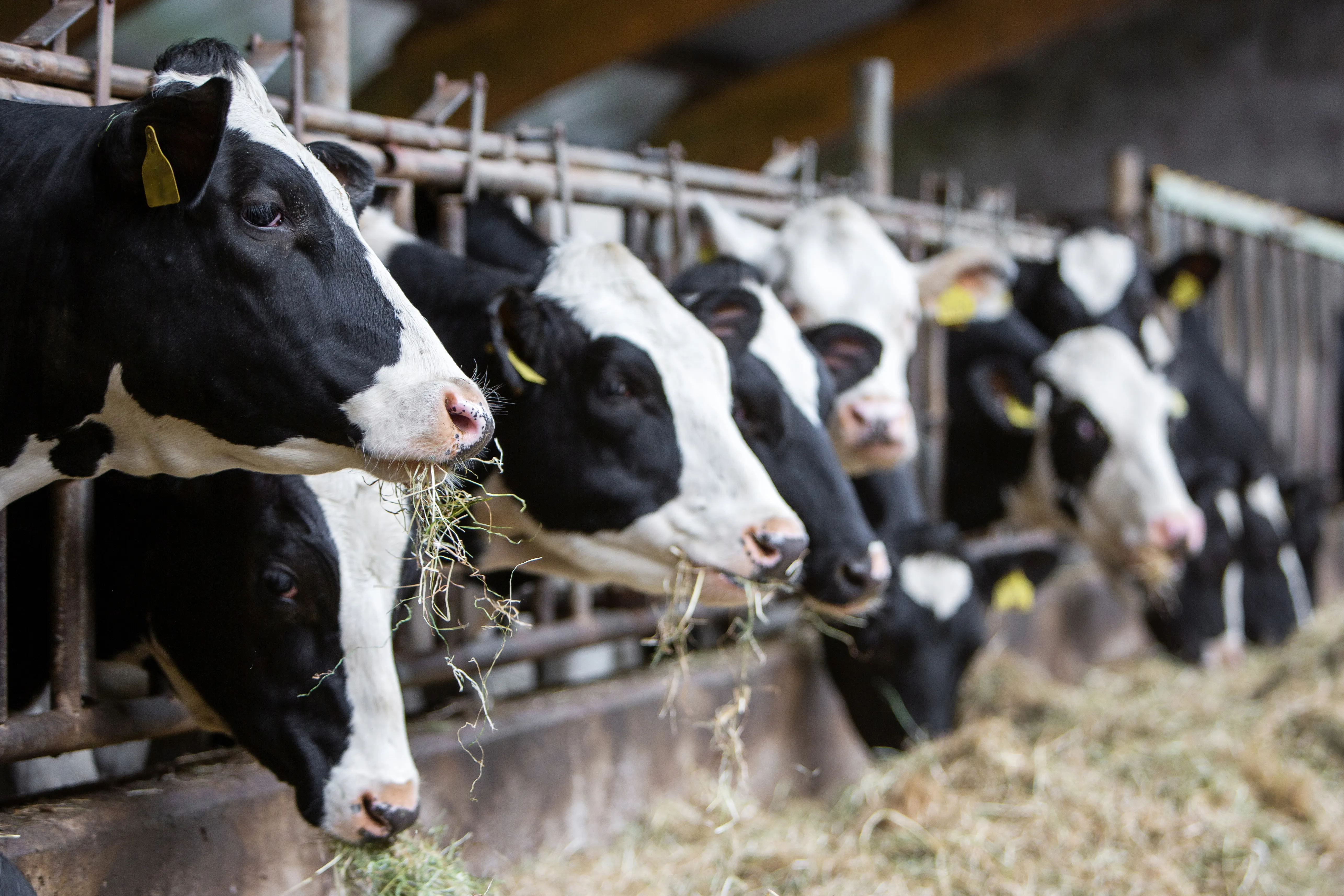
Daily Audio Newscast Afternoon Update - April 30, 2025
© INDU BACHKHETI - iStock-1336427297
News from around the nation.
Illinois town grieves after car slams through building, killing four young people; Bills aim to strengthen CA health care as Congress considers cuts; NV considers expanding internet voting, election expert says 'bad idea'; Proposed bills would curb jailing of children in IL.
Transcript
The Public News Service Wednesday afternoon update, I'm Mike Clifford.
Patrick McCarthy, the village manager in Chatham, Illinois, was at his office Monday afternoon when he heard the wails of so many sirens in his town of 14,000 people that he knew something was terribly wrong.
That from the New York Times.
They report when he and a co-worker rushed to the scene a few blocks away, they saw what appeared to have been a violent and inexplicable accident.
A car had plowed through a field, avoiding trees and pillars, and crashed through an after-school center.
Three children and one teenager ranging in age from 7 to 18 were killed.
And groups that advocate for better access to health care have introduced what they call the Care for All Californians, a package of 13 bills designed to shore up the health system as the state braces for the possibility of huge cuts in federal funding for Medi-Cal.
The bills aim to get more people insured, connect them to care, and make health care more affordable, says Chris Noble, organizing director for the non-profit Health Access California.
These priorities will continue to cover gaps within our health care system, ensure that when people are denied or delayed care, there's certain accountability, or ensure that folks are getting access to accurate and up-to-date provider directories.
One bill would make sure people with Medicare supplemental insurance can't be penalized for having pre-existing conditions.
I'm Suzanne Potter.
And we head next to Nevada, where folks do a lot online, from paying bills to shopping and even voting.
Nevada Bill 74 has made it out of committee and is advancing within the state legislature.
It would require the Secretary of State to allow registered voters who can't physically get to the polls or access a mail ballot to use an approved electronic transmission system to cast their ballot.
Nevada already allows overseas voters, those with disabilities and tribal members, to cast ballots electronically.
C.J. Coles, with the non-profit organization Verified Voting, contends expanding Nevada's effective absentee system for elections is a high-risk activity.
In this particular instance, with internet voting or electronic ballot return, the security risk just outweighs the accessibility benefit.
I'm Alex Gonzalez reporting.
And two bills aimed at reforming the juvenile justice system in Illinois are close to becoming law.
Senate Bill 1784 proposes raising the age of detention from 10 to 13.
Senate Bill 2156 seeks to ensure front-line responders can access the appropriate services for kids in crisis to avoid detention if possible.
Elizabeth Clark is the executive director of the Juvenile Justice Initiative.
The Juvenile Justice Commission has filed numerous reports over the years looking at the children who are actually detained.
And in every report, it is disproportionately used for children who are black and brown.
Clark says research shows jailing kids for any amount of time is harmful and can cause long-term consequences that affect their quality of life, especially for children of color.
This is Public News Service.
Next to Georgia, where from tariffs to Medicaid cuts, families face growing fears about how they'll care for their loved ones.
For Connie Kitchens, a retired grandmother raising two grandchildren after her daughter's death, these worries are deeply personal.
Her grandson has severe sickle cell disease.
He relies entirely on Medicaid for life-saving care, a reality Kitchens says puts families like hers at risk when health care programs are threatened.
Medicaid is not just a health program.
It is a lifeline for him.
It ensures access to specialized treatment, hospital visits, pain management and the ongoing care that he needs.
Supporters of Medicaid cuts say the changes would reduce federal spending and help lower the national deficit.
For Public News Service, I'm Shantia Hudson.
Find our trust indicators at publicnewsservice.org.
Next to Colorado, lawmakers there grappling with $1.2 billion in budget cuts.
Child nutrition advocates are turning to voters to protect funding for the state's Healthy School Meals for All program.
Pediatrician Sandra Hoyt-Stenmark says when a child has inadequate nutrition, they're more susceptible to acute and chronic illness and more likely to miss school and fall behind academically and socially.
We know that malnourishment and stress impair a child's immune function and worsens chronic diseases such as asthma.
Healthy School Meals for All serves more than 600,000 meals every school day, regardless of a student's ability to pay.
Funding was meant to come from capping tax deductions on people earning $300,000 or more per year, but the program's popularity has driven up projected costs.
House Bill 25-1274 would put two measures on November's ballot, asking voters to maintain existing funding and ensure long-term stability.
I'm Eric Galatas.
Finally, Indiana communities are among those facing growing concerns about manure contributing to toxic byproducts in drinking water.
A new Environmental Working Group report finds nearly 122 million people nationwide were exposed to unsafe levels of disinfection byproducts between 2019 and 2023.
Midwest Director Ann Schechinger says chlorine treatment, meant to make water safe, can create new risks when it reacts with organic material like manure.
It's not just there's manure in your water and that's unsafe, but it's that manure and other organic materials are then triggering these unsafe contaminants.
Researchers stress the problem is widespread, reaching big cities and small towns.
This story was produced with original reporting from Neena B. Elkady for Sentient.
I'm Joe Ulery, Public News Service.
Ag producers say they're always looking for more environmentally friendly ways to operate.
This is Mike Clifford for Public News Service, member and listener supported.
Find your trust indicators at publicnewsservice.org.

















